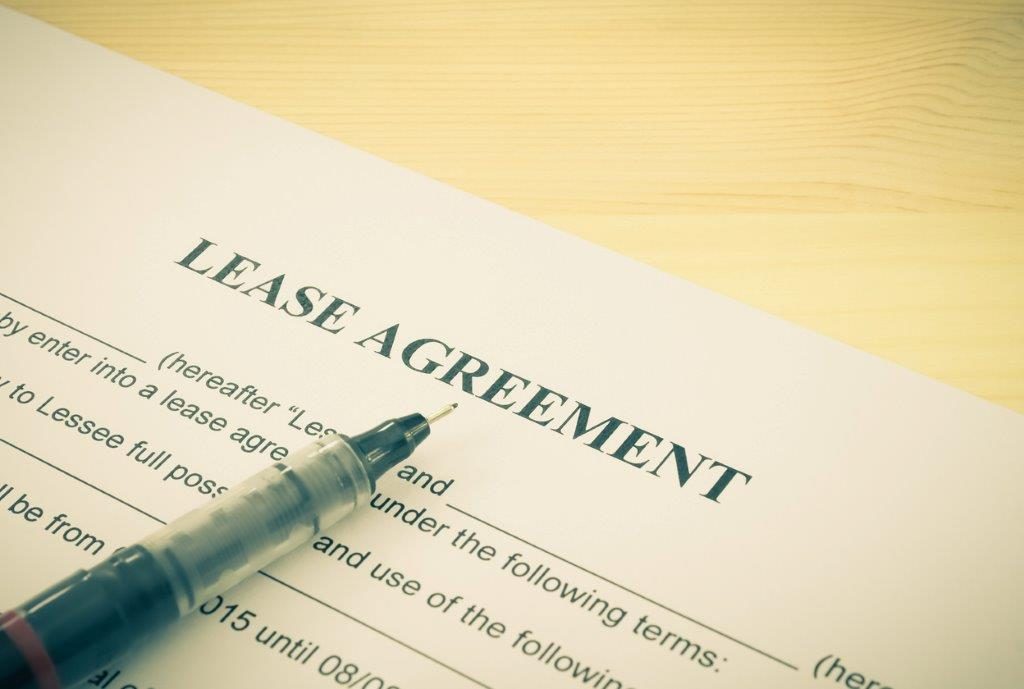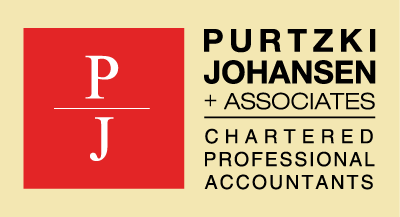A lease agreement is one of your practice’s most important documents. It not only governs your relationship with the landlord while you own the practice, but can also impact the selling price of your practice. A demolition clause, for instance, can significantly reduce the selling price of your practice, or prevent a sale altogether. Also, many lease agreements prevent you from assigning your lease to a new owner, along with the release of your personal guarantees.

When negotiating a lease or lease renewal, here are some tips:
- Ensure the lease term plus renewal periods total a minimum of 20 years.
- Most lease contracts are drafted in the landlord’s favour. There is no such thing as a “standard lease,” so treat every provision as negotiable. It is imperative that your lawyer formulate any proposed changes to the contract and negotiate them with the landlord’s lawyer.
- Count on the fact your landlord will never want to talk to you again about the lease once it’s signed, so make sure you don’t leave any outstanding issues to be resolved after the execution date. For example, if the landlord is willing to give you extra designated parking spots, make sure that is stipulated in the lease document.
- Try to convince your landlord to register your lease against the title of the property. This will protect you against a termination of your tenancy in case the property is sold.
- Negotiate a “tenant inducement,” which can take the form of a cash contribution by the landlord to help finance leasehold improvements or an equivalent reduction in lease payments.
- Check the renewal terms. The lease may stipulate the rent will be based on fair market value, but not at a level less than your current rate. This prevents a tenant from renewing at a lower rent even if the leasing market has softened. The renewal should be subject to arbitration.
- Have your legal counsel review destruction and demolition clauses. If the premises are destroyed by fire and the landlord has the right to restore the premise, make certain the lease stipulates repairs must be done within a reasonable period. Alternatively, you should have the right to terminate the lease and move to another location.
- Be aware of any clauses that protect the landlord from claims patients may have if they are injured on the premises as a result of landlord negligence. Resist attempts to indemnify the landlord against claims.
- Ensure the landlord cannot exercise a demolition clause for at least 10 years because banks will only amortize practice purchase loans over a lease’s non-demolition period.
Note: since most practice loans are amortized over ten years, banks look for at least 10 years of undisturbed tenancy. - Make sure the lease can be assigned to another dentist or it will impossible to sell your practice. A landlord can arbitrarily withhold consent or object to the assignment on the basis that a purchaser is not as financially strong as an existing tenant. An ideal assignment clause allows you to sell to another dentist without the landlord’s consent. When granting an assignment, the landlord should also release you from your personal guarantees.
If this sounds onerous, remember: one chance to get lease conditions that work for you is at the beginning. It is better to pass on a property and keep looking than sign a deal that will hobble you and your practice for years to come.



